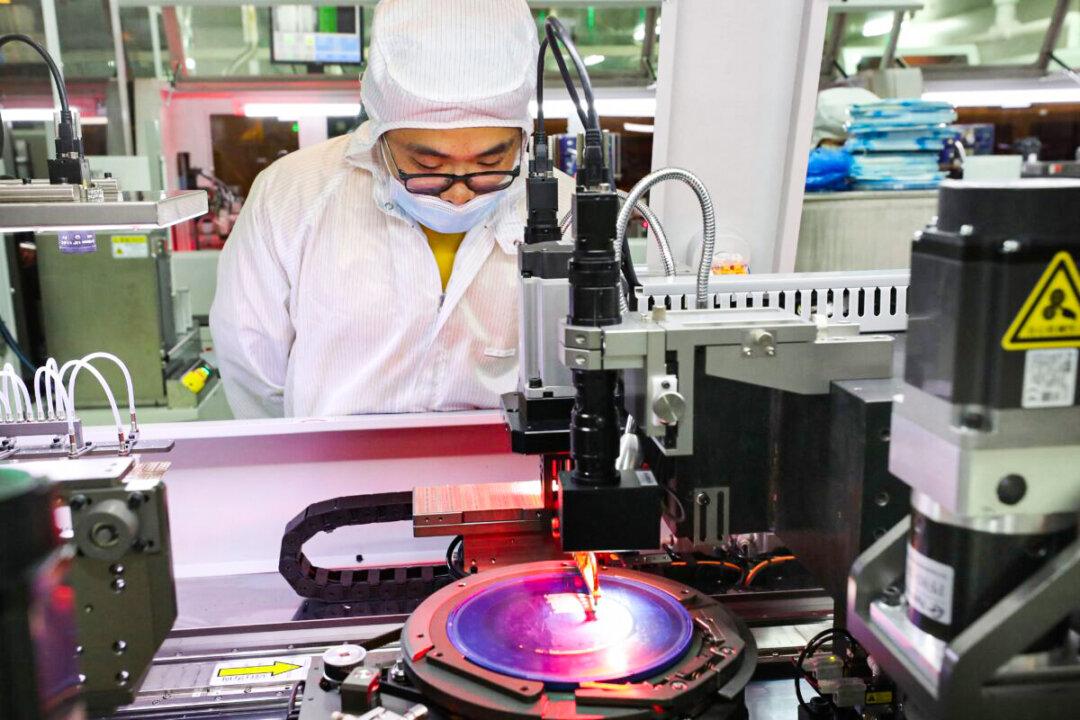The convergence of Russian aggression and Chinese technologies presents a new and unique security threat to global supply chains, according to one security expert.
Clete Johnson, a partner at Wilkinson Barker Knauer, says the Russian invasion of Ukraine and the partnership between Russia and China has presented an “epochal shift” in the security space, possibly exceeding in consequence that of 9/11 or the end of World War II.




